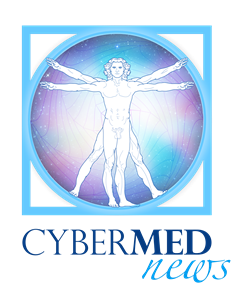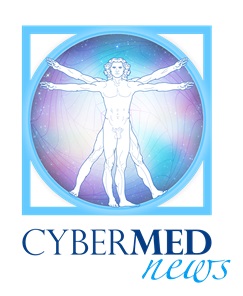 Share on Facebook
Share on Facebook
 It’s become a common question to ask if someone is anti- or pro-vaccination. With heavy arguments on either side and truths and lies at every turn, the controversy surrounding the topic seems only to heighten with each passing year. So when researchers find valuable information that is for or against vaccinations, it’s worth reading up.
It’s become a common question to ask if someone is anti- or pro-vaccination. With heavy arguments on either side and truths and lies at every turn, the controversy surrounding the topic seems only to heighten with each passing year. So when researchers find valuable information that is for or against vaccinations, it’s worth reading up.
Over the last 50 years, we’ve seen a devastating rise in brain disorders like Autism, ADHD, and major depressive disorders — a phenomenon that, understandably, has people searching for answers, particularly those directly affected. In this regard, an overwhelming amount of parents have reported that their children went from being seemingly healthy to suddenly suffering from disorders like Autism or ADHD as a result of vaccinations.
Now a team of researchers from the Yale School of Medicine and Penn State College of Medicine have lent further weight to many of these parents’ words. The study, which analyzed five years’ worth of private health insurance data on children ages 6-15, discovered that young people vaccinated in the previous three to 12 months were much more likely to be diagnosed with certain neuropsychiatric disorders than their non-vaccinated counterparts.
The study raises more questions among an already growing list regarding whether over-vaccination can cause immunological and neurological damage in vulnerable children. The research was published in the peer-reviewed journal Frontiers in Psychiatry, Jan. 19.
Over 95,000 children in the database that were analyzed were found to have one of seven neuropsychiatric disorders: anorexia nervosa, anxiety disorder, attention deficit and hyperactivity disorder (ADHD), bipolar disorder, major depression, obsessive-compulsive disorder (OCD), and tic disorder. The children with these disorders were measured against those without such disorders, as well as children with two other conditions unrelated to vaccination: open wounds and broken bones.
The control subjects without brain disorders were matched with subjects based on age, geographic location, and gender. The researchers found, as they had imagined they would, that broken bones and open wounds had no association with vaccinations worth noting. Additionally, new cases of major depression, bipolar disorder, or ADHD showed no noteworthy link with vaccinations.
The study did find, however, that children who had been vaccinated were 80% more likely to be diagnosed with anorexia and 25% more likely to be diagnosed with OCD than those who had not been vaccinated. Furthermore, vaccinated children had a higher risk of being diagnosed with an anxiety disorder and with tics compared to the controls.
“This pilot epidemiologic analysis implies that the onset of some neuropsychiatric disorders may be temporally related to prior vaccinations in a subset of individuals,” the researchers wrote. “These findings warrant further investigation, but do not prove a causal role of antecedent infections or vaccinations in the pathoetiology of these conditions.”
They also caution that their research should by no means serve as a deciding factor for whether or not people should vaccinate their children. “Given the modest magnitude of these findings in contrast to the clear public health benefits of the timely administration of vaccines in preventing mortality and morbidity in childhood infectious diseases, we encourage families to maintain vaccination schedules according to CDC guidelines,” they said.
http://www.collective-evolution.com/2017/02/15/yale-university-study-finds-link-between-vaccines-multiple-brain-disorders/



